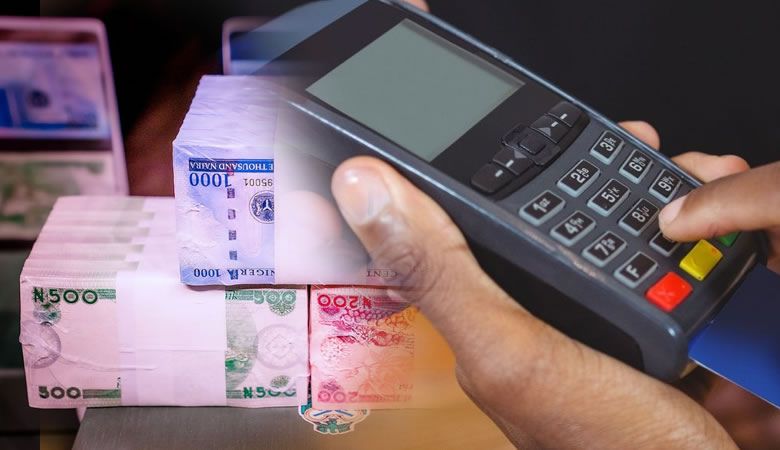
Eighty percent of pharmacies in the country pay for goods digitally, with 56.8% using point-of-sale (POS) systems and bank transfers, and 32.9% relying on direct bank transfers.
The report, published by payment company Moniepoint, titled Inside Nigeria’s Community Pharmacies, highlights the increasing shift toward digital payments in Nigeria’s pharmacy sector, especially in response to the 2023 cash crunch that disrupted cash-based transactions.
The adoption of digital payments has transformed the way pharmacies operate, allowing them to enhance customer service, build stronger supplier relationships, and improve financial management.
The report also details how 56.8% of pharmacies pay for goods using point-of-sale (PoS) systems and bank transfers, while 32.9% rely on direct bank transfers.
“Only 5.2% of pharmacies still use cash, while 3.2% are exploring other payment methods, and 1.9% utilize credit facilities. “This shift to digital payments is helping pharmacies maintain better relationships with suppliers and avoid the disruptions that can arise from failed or delayed cash transactions.
Beyond supplier relationships, the report highlights that “45.39% of Nigerian pharmacy customers prefer to pay using digital methods, such as PoS machines or bank transfers, while only 7.69% of customers rely solely on cash.”
The remaining 46.92% use a mix of both cash and digital payment methods. The preference for digital payments has grown significantly, driven in part by the 2023 cash shortage, which made cash transactions less reliable.
For community pharmacies, this shift represents an opportunity to enhance customer satisfaction by offering seamless payment options. Medplus, one of Nigeria’s largest pharmacy chains, serves over 2,000 customers daily, many of whom now prefer digital payments.
According to Ife Bakare, Head of Strategy and Innovation at Medplus, the improvement in digital payment services has been noticeable, but there is still room for further enhancement.





